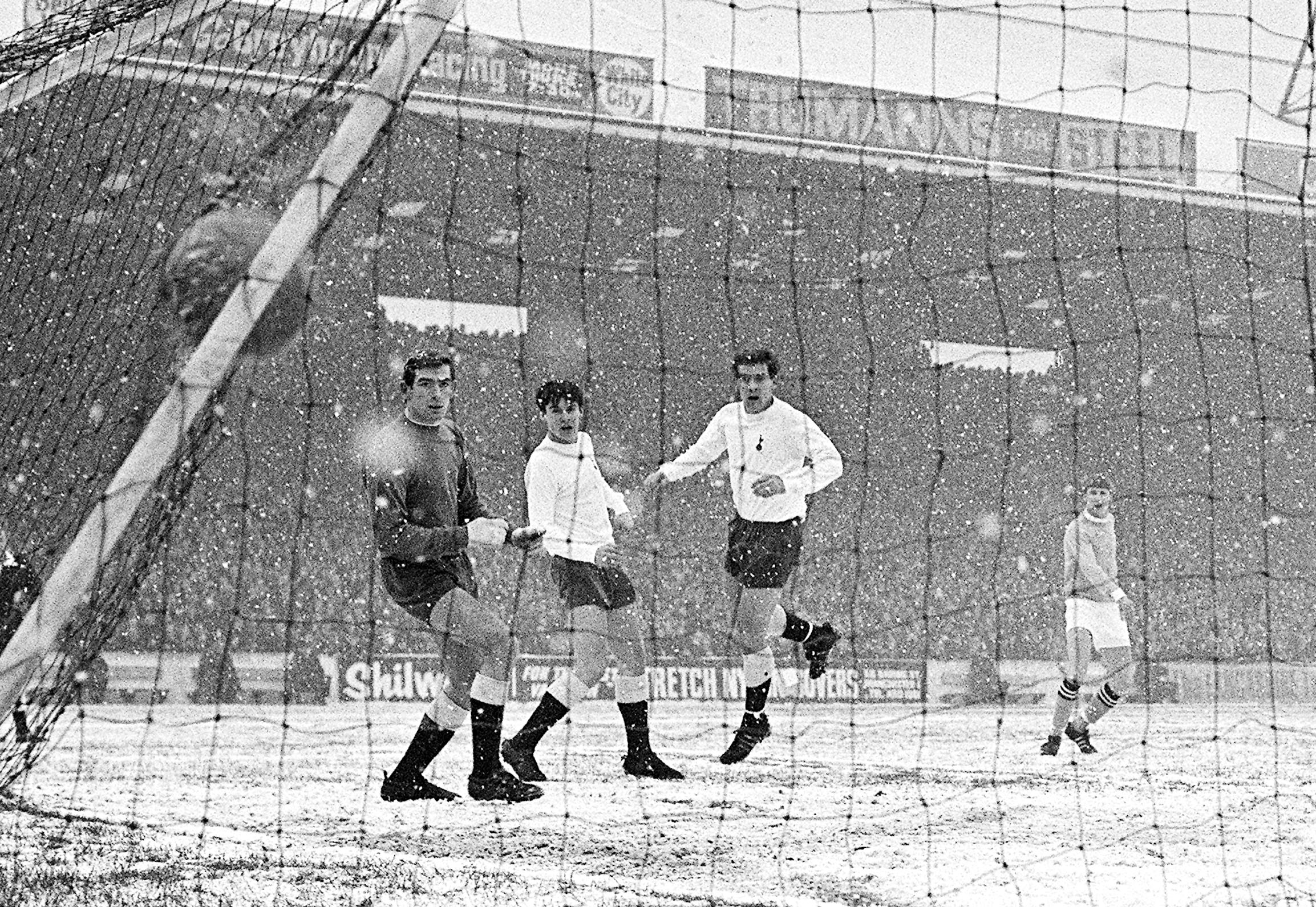john68 wrote:Ted,
Just to cover a point you made Mate.
Despite the general perception and despite how the press and TV media may give the impression, FiFA/UeFA have absolutely no legal control of any football matter, club, competition, national assoc, other than the competitions they organise. The only exception to that, are any agreements that may be currently active. With regard to European clubs, that agreement ends in 2018, Beyond that, clubs are completely free to organise whatever they want.
In 2006, UeFA issued a document that threatened to ban any clubs from their down domestic competitions, if they broke away. (I will happily post the full UeFA statement).
Guardian report: 24th March by Matt Scott.
(Extracts of UeFA Statements)
"Without naming G14 specifically, Uefa yesterday insisted that, if steps were taken to form a breakaway competition, participating clubs would be excluded from the wider football community. "Uefa will not stand in the way of those who want to leave the family - which also means the domestic competitions - and who do not share our sporting values," it said in a statement backed by all 52 national associations at its congress in Budapest yesterday. "But you cannot pick and choose.
"We will leave the door open for clubs from smaller nations to play at the top level of European club football. We will not close the door, which seems to be what this self-appointed group of clubs wants to do".
The subsequent Charleroi case challenged the right of FiFA/UeFA to regulate and/or govern football. This was not widely reported by the mainstream media, who still continue to report FiFA/UeFA as the governing bodies. This is not true.
Maurice Watkins statement, May 2018
"UEFA regulates its own competitions, it does not regulate European football. No European association or club would want to concede such powers to UEFA"
Hope that helps sort out that issue Pal.
Michelle Platini quotes on governance (after the Charleroi case.
UEFA, despite having limited powers as competition controller, gives the impression of being a regulator he [Michelle Platini) said: "Sassa, Sassa. Oh these are the structures of UEFA . We do not have the right of subsidiarity when it comes to the national associations. That is a problem. We can take care of the clubs taking part in our competitions but I have nothing to do with the English championships or the French championships or the Italian championships. We have no influence whatsoever on the national competitions. Such are the structures of UEFA. They do not allow for that. It has been a good debate in the executive and, of course, you have the Presidents of the national associations there. But they want to run their own competitions. And not have UEFA run it. That is perfectly natural. The national associations are the bosses of UEFA."
Fifa’s powers to sanction clubs upheld
Ian Blackshaw Reports On A Recent Landmark Swiss Federal Court Decision
On 5 January, the Swiss Federal Court handed down a landmark decision upholding the right of FIFA, the world governing body of football, to impose sanctions for breaches of its disciplinary rules.
The case arose in the following circumstances. In October of 2005, the FIFA Disciplinary Committee imposed a fine of 25,000 Swiss Francs on a Spanish club in connection with a transfer dispute, as well as other sporting sanctions, the deduction of points and compulsory relegation to a lower division, if the Spanish club failed to pay a Brazilian club €373,226 for a player by a certain deadline. Prior to this, the Spanish club had ignored a decision rendered by the FIFA Players' Status Committee and then appealed against the disciplinary decision to the Court of Arbitration for Sport in Lausanne. This latter appeal also went against the Spanish club.
The Spanish club then appealed to the Swiss Federal Court in Lausanne. The club argued that, by threatening to deduct points or impose relegation, FIFA was, in effect, enforcing a financial claim. And, as such, this was a violation of the so-called ‘public policy’(‘ordre public’) principle, as FIFA was claiming to impose sanctions that were exclusively within the power of the State to award. In other words, FIFA, a private body, was acting like a Criminal Court. And, by implication, exceeding its powers and usurping the role of the State.
The Swiss Federal Court denied this legal challenge to the authority of FIFA. The Court held that, pursuant to the Swiss Association Law, to which FIFA - as an organisation established and operating under the Swiss Civil Code (‘Code des Obligations’) - is subject, any violation of a member’s duties may result in the imposition of sanctions. The Court further held that, if a private association (such as FIFA) draws up rules and regulations to which its members are subject to achieve its objectives, it is lawful for FIFA, as a governing body of its sport, to impose sanctions that safeguard the members' duties. As the Spanish club is a member of the Spanish Football Association (RFEF), which, in turn, is a member of FIFA and subject to its rules, the club, through such membership, is also subject to the jurisdiction of FIFA.
Commenting on the decision of the Swiss Federal Court in this case, the President of FIFA, Joseph Blatter said:
I am very pleased that the Swiss Federal Court rejected the claim that the Spanish club had lodged. Using its statutes and regulations, FIFA and its various bodies ensure that every member of the football family is given access to fair, balanced and, above all, fast-moving jurisdiction as well as the opportunity to appeal to the Court of Arbitration for Sport, in the best interests of sport.”
FIFA also contends that this judgment endorses and reaffirms its independence and has global implications. The decision will certainly apply to FIFA’s operations, which are world-wide, and also to other International Sports Bodies in the lawful exercise of their rule making powers, particularly in relation to the right to enforce disciplinary measures governing their respective sports. However, FIFA’s contentions regarding the scope of this decision so far as its autonomy is concerned ( a favourite topic of FIFA and other International Sports Federations) have to be set against the recent European Court of Justice (ECJ) decision in Meca-Medina and also considered in the light of other legal challenges against the autonomy of FIFA pending before the ECJ, such as the Charleroi FC/G-14 case, which concerns FIFA’s right to call up players for international duty and the question of legal liability for any resulting injury claims.








